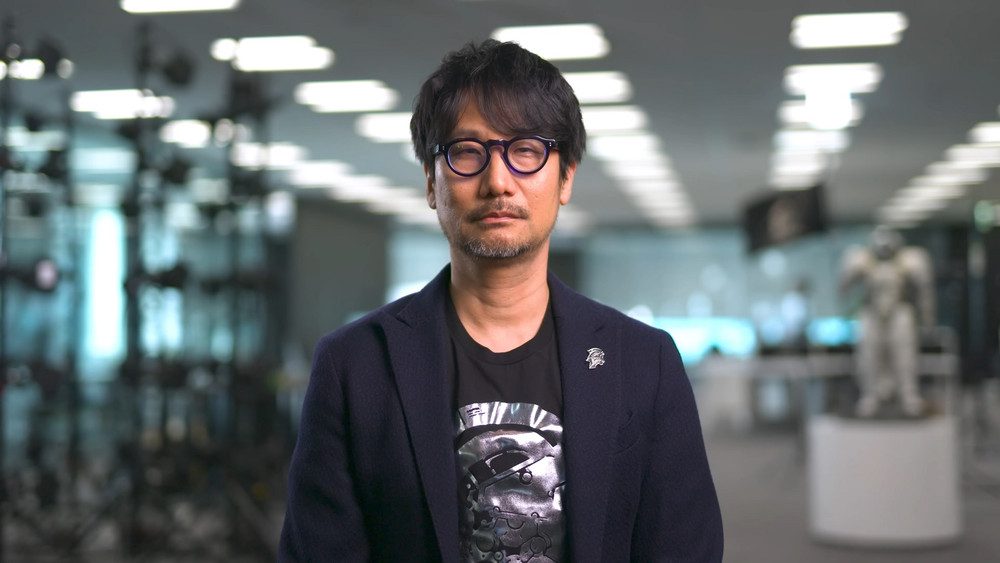Hideo Kojima is a name that echoes far beyond the world of video games. Often hailed as gaming’s first true auteur, Kojima has spent nearly four decades pushing the boundaries of interactive storytelling, genre, and technology. His career, marked by relentless innovation and risk-taking, has left an indelible mark on the industry, inspiring generations of developers and players alike.
From Film Dreams to Game Design
Kojima’s creative journey began with a passion for film. Raised in Japan, he dreamed of becoming a movie director, captivated by storytelling and cinematic technique. However, the insular nature of Japan’s film industry led him to pursue game development as a new medium for storytelling. In 1986, he joined Konami, where his unconventional ideas initially met skepticism—but his determination soon paid off.
Inventing the Stealth Genre: Metal Gear
Kojima’s first major breakthrough was Metal Gear (1987). Tasked with developing a war game for the MSX2, he turned hardware limitations into creative opportunity, inventing stealth gameplay that encouraged players to avoid combat rather than confront it directly. This bold move not only defined his career but also established a new genre, with Metal Gear setting the standard for countless stealth-action games to follow.
Cinematic Storytelling: Metal Gear Solid
Kojima’s reputation as a visionary was cemented with Metal Gear Solid (1998). The game revolutionized the medium with cinematic cutscenes, voice acting, and complex, mature themes—elements rarely seen in games at the time. Kojima’s love for film was on full display, with narrative depth and innovative mechanics (such as breaking the fourth wall) captivating millions. Metal Gear Solid sold over six million copies, elevating both Kojima and the franchise to legendary status.
Subsequent entries, like Metal Gear Solid 2: Sons of Liberty and Metal Gear Solid 3: Snake Eater, continued to innovate—tackling topics from misinformation to Cold War ethics, all while refining gameplay and narrative techniques. Kojima’s games became known for their ambition, blending blockbuster spectacle with philosophical introspection.
Beyond Metal Gear: Experimentation and Reinvention
Kojima’s creative restlessness led him to explore other genres. Early in his career, he developed Snatcher and Policenauts, cyberpunk adventure games that showcased his flair for storytelling and world-building. Even as he became synonymous with Metal Gear, Kojima continued to experiment—producing titles like Zone of the Enders and the infamous horror teaser P.T., which left a lasting impact despite its cancellation.
Death Stranding: Reconnecting a Fragmented World
After a very public split with Konami, Kojima founded Kojima Productions to prove his creative independence. The result was Death Stranding (2019), a game that defied genre conventions and explored themes of isolation, connection, and rebuilding society in a fractured world. Released just months before the COVID-19 pandemic, the game’s story—about forging connections in a dangerous, isolated landscape—took on unexpected real-world resonance. Kojima’s signature cinematic style, star-studded cast, and willingness to tackle unconventional themes once again set him apart.
A sequel, Death Stranding 2: On the Beach, is set for release in June 2025, promising to further expand on these ideas and solidify Kojima’s legacy as an innovator.
The Future: New Frontiers in Storytelling
Kojima’s ambition shows no signs of slowing. Alongside Death Stranding 2, he is developing Physint, a new action-espionage game in partnership with Sony, and OD, a mysterious horror project with Xbox. Kojima’s stated goal is to blur the boundaries between games and film, leveraging cutting-edge technology and star power to create experiences “like no other.”
Philosophy and Legacy
Kojima’s approach is defined by a deep respect for the player’s experience. He describes himself as a craftsman, believing that games must be both accessible and meaningful. His work is characterized by:
- Cinematic ambition: Treating games as interactive movies, with rich storytelling and visual flair.
- Innovation: Pioneering new genres, mechanics, and narrative techniques.
- Emotional depth: Tackling mature themes—war, loss, misinformation, human connection—rarely explored in games.
- Risk-taking: Never content to repeat himself, always seeking new challenges.
As he once wrote:
“Stories allow you to experience places you could never go—the past, the future, or distant worlds. Even when you’re reading all by yourself, you’re sharing those stories as they unfold before you with countless people whom you’ve never met.”
Hideo Kojima’s career is a testament to the power of imagination, resilience, and the belief that video games can be as profound and impactful as any other art form. Whether reinventing genres or blurring the lines between cinema and interactivity, Kojima remains the master behind the pixels—a true visionary whose work continues to shape the future of gaming.

